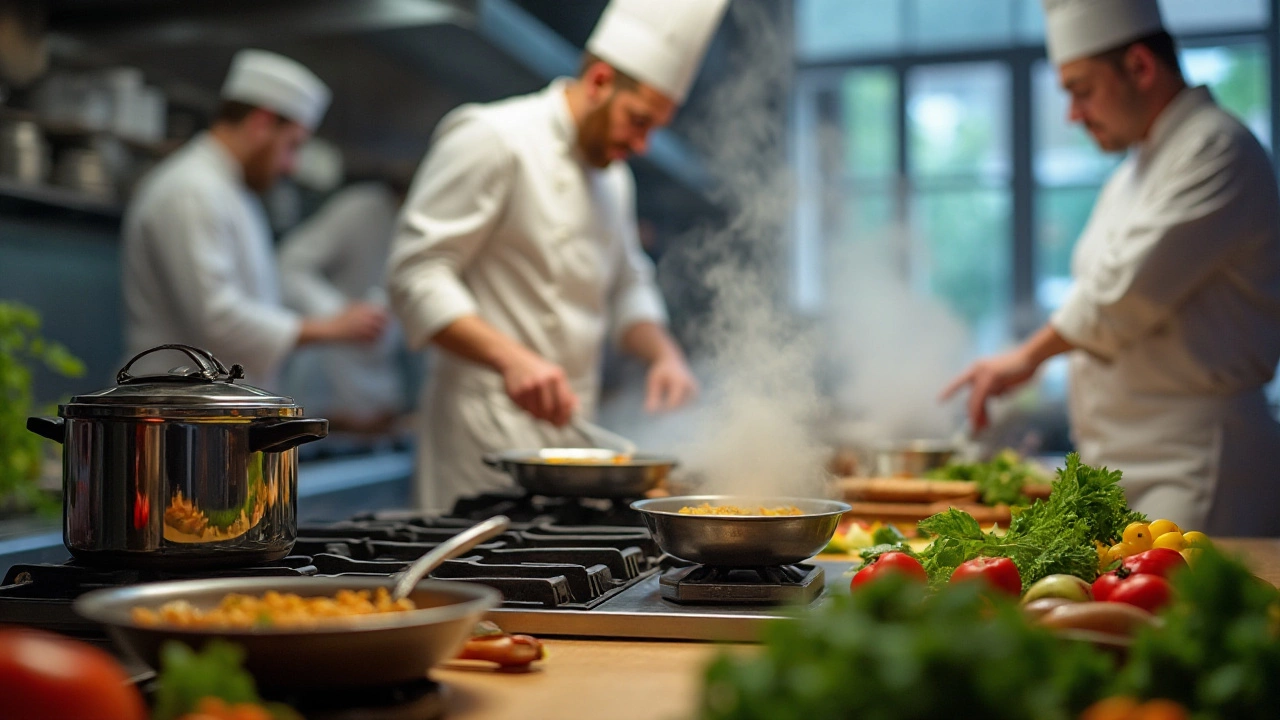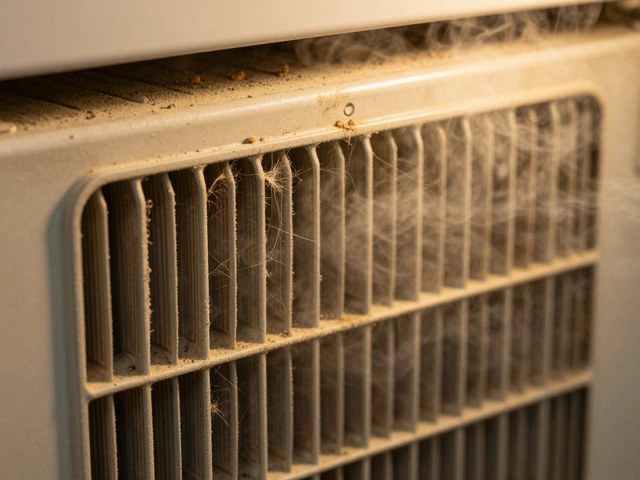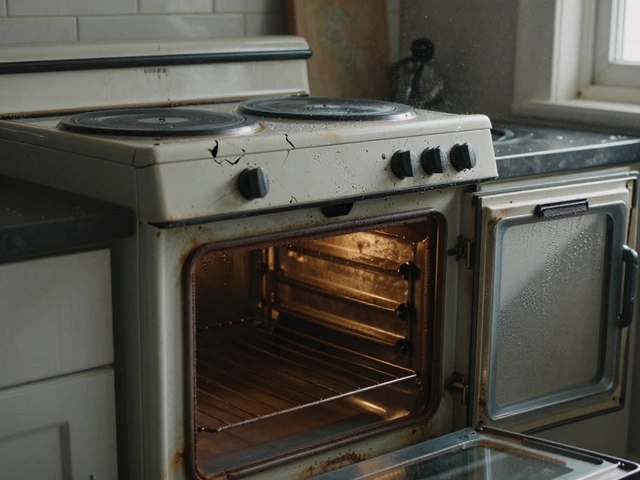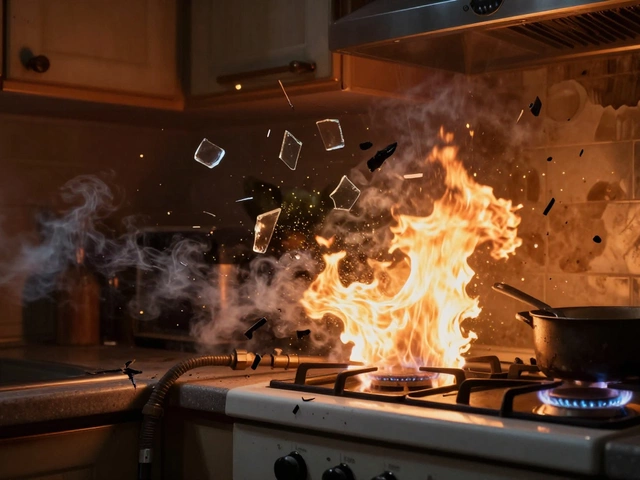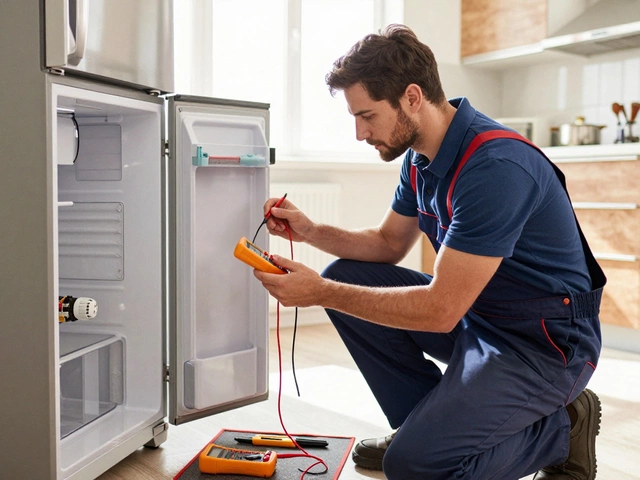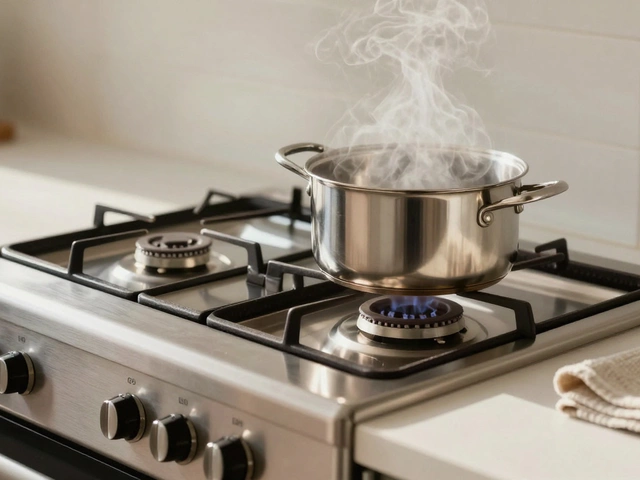Chefs: Keep Your Kitchen Running Smoothly with Quick Repair Tips
If you love cooking, you know a busted oven or a noisy dishwasher can ruin a dinner plan. The good news? Most kitchen problems have simple fixes you can try before calling a pro. Below you’ll find the most common issues in the chef’s kitchen and step‑by‑step ways to tackle them.
Top Oven and Stove Problems
Oven won’t heat? First, check the heating element. unplug the oven, remove the element, and look for visible cracks or breaks. If it looks fine, use a multimeter to test continuity – no beep means replace it. Swapping a heating element usually costs under £50 and takes under an hour.
Burner won’t light on an electric stove? Turn off the power, remove the burner cap, and clean any food debris from the contact points. A bit of fine‑grade sandpaper can restore a good connection. If the burner still stays cold, the underlying element may need replacement.
Refrigerator & Freezer Fixes
When the fridge stops cooling, start with the condenser coils. Dust and pet hair build‑up act like a blanket, making the compressor work harder. Pull the fridge away from the wall, unscrew the coils, and vacuum them clean. Next, listen for the compressor’s click – if you hear it but the fridge stays warm, the refrigerant may be low and you’ll need a professional.
Ice buildup in freezers often means the defrost timer has failed. Locate the timer (usually behind the freezer’s back panel), spin it manually by hand, and see if the frost melts after a few minutes. If it does, replace the timer; it’s a cheap part and a quick swap.
Leaking water from a fridge? Most leaks come from a clogged drain pan. Remove the tray at the bottom, clean out any slime, and pour a cup of warm water down the drain hole to clear any blockage.
These fixes cover the majority of kitchen complaints that chefs face daily. For deeper issues like compressor failures or control board problems, it’s safest to call a qualified technician – trying to repair high‑voltage parts without training can be dangerous.
Remember, regular maintenance prevents most breakdowns. Clean coils quarterly, wipe spills in the oven right away, and run a hot water cycle in the dishwasher monthly to keep it fresh.
Got a specific problem that isn’t listed here? Check out our other tags and posts – we’ve written detailed guides on everything from dishwasher drain failures to boiler service checklists. Keep your kitchen humming, and let nothing stop you from creating amazing meals.
Why Most Chefs Prefer Traditional Cooking Methods: The Pressure Cooker Debate
- Alden Wilder
- Dec 4 2024
- 0 Comments
Many chefs avoid using pressure cookers in their professional kitchens despite the convenience they offer at home. This article explores the reasons behind this choice, touching on the desire for control, risk of overcooking, and loss of texture. It delves into the rich tradition of slow cooking and savoring flavors, providing insights and tips for those considering introducing pressure cookers into a culinary setting. Understanding these perspectives can help home cooks make informed decisions about their own cooking practices.
View More